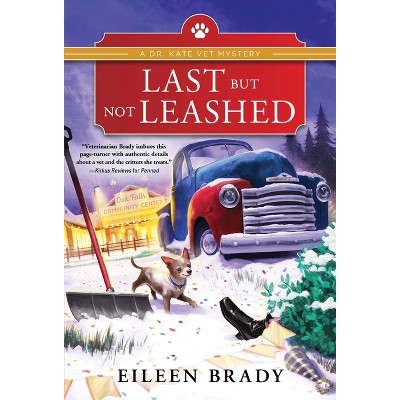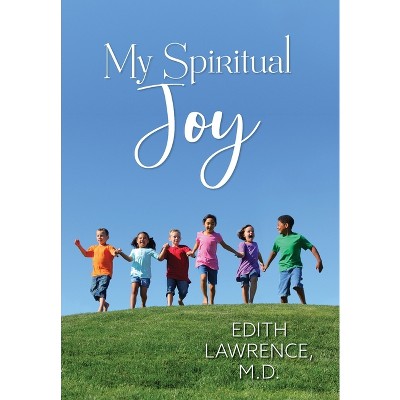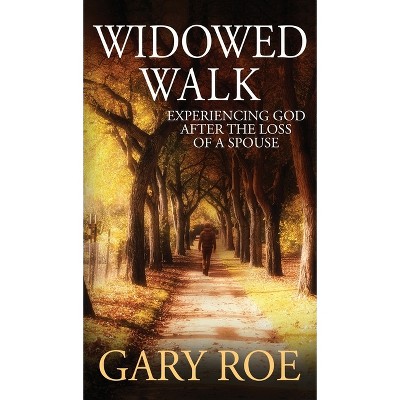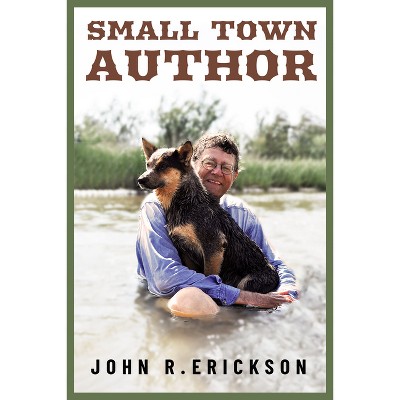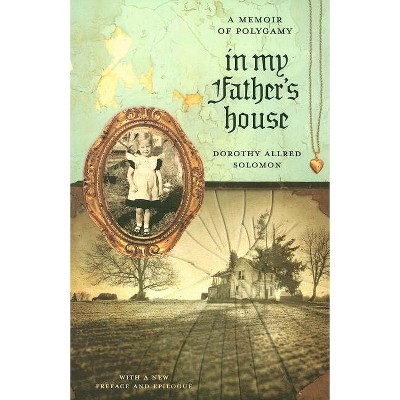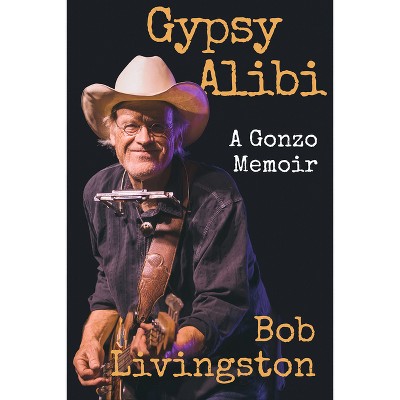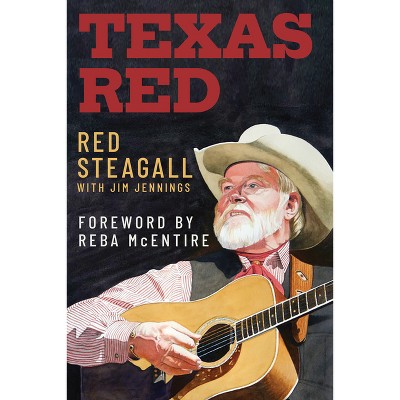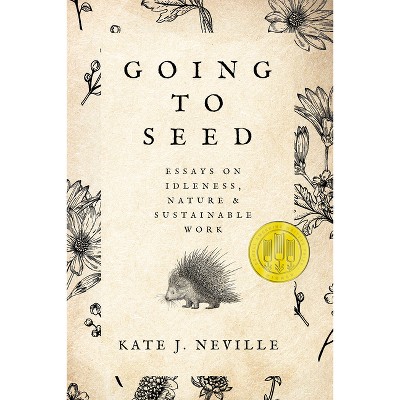Sponsored

Drinking Wild Water - (Voice in the American West) by Amy M Hale (Paperback)
In Stock
Sponsored
About this item
Highlights
- Amy M. Hale is writing love letters again.
- Author(s): Amy M Hale
- 160 Pages
- Literary Collections, Essays
- Series Name: Voice in the American West
Description
About the Book
Award-winning author Amy M. Hale's third book ofessays from the land.
Book Synopsis
Amy M. Hale is writing love letters again. As she did in her previous award-winning books, she is writing to the universe, to individuals, to the land, to change, to work, and even, at times, to who she is becoming as she writes, rides, and hikes over the land.
Washed up on the shores of this strange, wonderful, horrible time, this time of examination and caution and shifting sands, Hale's ride-along writing brings the reader to her unusual home and her out-of-time work as one of the few working cowboys of this age.
Drinking Wild Water is Hale's invitation to a land-given perspective that allows readers to reexamine contemporary life from a vantage point available to vanishingly few. She believes in the power of story to unify and heal, and these essays highlight that we are more alike than we are different, that we have similar wounds that need healing, similar joys and griefs, similar dreams even as our modes of locomotion through life and daily scenery differ.
Review Quotes
"Drinking Wild Water is a full-throated howl
of anguish and love, a passionate and unflinching look at our world and we
humans through the lens of a woman who lives what she preaches: kindness,
compassion and courage--and love. Always love. Plus a little bourbon at the end
of a long day on the trail, with a splash of wild water." --Susan Tweit, field
ecologist and author of Bless the Birds: Living with Love in a Time of Dying
"When Amy Hale opened this book by saying she 'learned
to sing. With ink, on the page, ' she wasn't bragging. In this one-of-a-kind
outpouring, a woman standing just under 4′11″ enters middle age, and stares it
down by following Rilke's adage, 'You must change your life.' She then
gobsmacks us by becoming what she calls 'a cowboy, ' not a cowgirl--and her
efforts to master a life of daily work as challenging as physical labor gets
create the changed life Rilke recommends. 'We have read the ground and followed
tracks until we find cows standing in those tracks, ' Hale writes, not caring
what anyone thinks of what a life lived in the service of cattle has made of
her. 'I know who I am, ' she writes, then proves it with twenty-eight stories
set on 50,000 Arizona wilderness acres, told in a prose as bracing as the wild
water in her title." --David James Duncan, author of The River Why, The
Brothers K, and Sun House
Shipping details
Return details
Frequently bought together
Trending Literary Fiction






